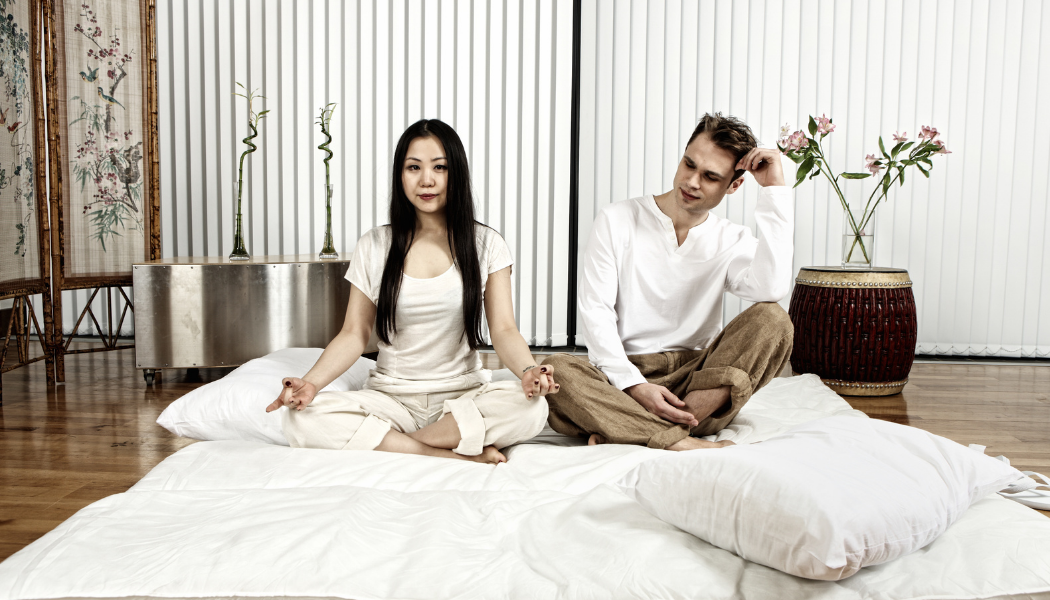|
SAMPLE ARTICLE
Humans have been looking after their health for thousands of years in countless ways. From ensuring the balance of ‘humors’ in Ancient Rome to cold-water therapy in 19th century England, our understanding of health and medicine has continued to shift and evolve over time. While western and eastern medicine have likely been influencing each other for centuries, they evolved in different parts of the world. Western (or ‘conventional’) medicine evolved in ancient Greece, while various eastern practices evolved throughout China and India. While both strive for the same outcome — optimal health and wellbeing — they evolved from different philosophies, which continue to influence practice today. So how do the eastern and western schools of thought differ?Western medicine Western medicine, which forms the basis of many of the world’s modern health systems, can be traced back to ancient times. While health and ill health was initially thought to be dictated by the Gods, the ancient Greeks were the first to look at the body through the lens of human biology. They studied health by looking at four bodily fluids or ‘humors’ — blood, black bile, yellow bile and phlegm. Today western medicine remains largely founded on the principles established by the ancient Greeks. And as western medicine has evolved over the past 3,000 years, the key foundations of medical practice remain the same. Some of these include:
While Australia is predominantly influenced by western medicine, many people use elements of eastern medicine as part of their approach to better health. Two of the most common forms of eastern medicine found in Australia are:
And emerging research indicates that certain therapies originating from eastern medicine such as meditation, Chinese herbal medicine and acupuncture may work for a number of health conditions, and in some cases, the two schools of thought can be complementary. For example, if you visit your GP with complaints about a sore lower back, they may prescribe you with short-term pain medication, as well as refer you to a physiotherapist to build and strengthen lower back muscles. Your doctor or physio may also suggest evidence-based eastern therapies, such as acupuncture, as an alternative way to relieve pain. However, if you are considering eastern medicine as a treatment, we suggest you discuss these options with your GP or specialist. If you have extras cover you may also be able to claim benefits for certain complementary or natural therapies. Popular therapies such as remedial massage, acupuncture and Chinese medicine will still be included in some Medibank extras covers, despite the removal of some natural therapies like naturopathy from April 1 2019. Find out more here.
0 Comments
|
AuthorWrite something about yourself. No need to be fancy, just an overview. ArchivesCategories |

 RSS Feed
RSS Feed